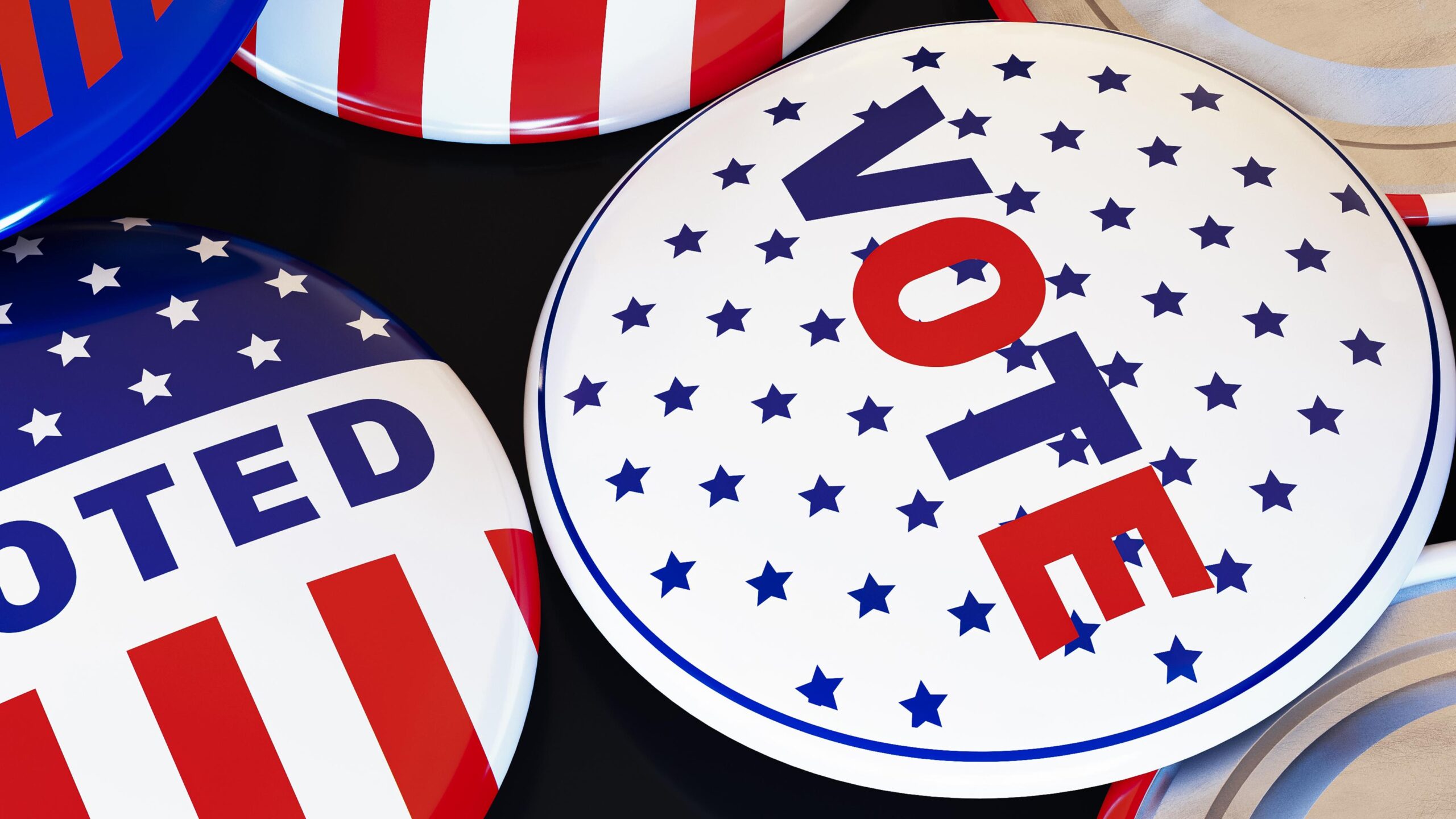Donald Trump’s second term marks a pivotal era for AI.
As the first US President in the post-ChatGPT age, with Republican Senate
control, he wields unparalleled power to shape AI’s future at home and abroad,
likely propelling the United States to new heights in AI innovation driven by
deregulation and a competitive focus on national security in coming years.
However, the absence of comprehensive oversight poses significant risks, from
exacerbating inequalities to fostering unethical practices in AI deployment.

United States President-elect Donald Trump could herald a dramatic shift in the world’s no. 1 economy’s approach to artificial intelligence (AI) policy and regulation. Rooted in the themes of deregulation, national security, and technological competition, a Trump-led AI agenda could drive innovation but raise serious concerns about ethics, oversight, and global alignment.
Unleashing Innovation or Ignoring Risks?
Trump’s first presidency was marked by aggressive deregulation across various industries, including technology. A second term would likely follow a similar path, emphasising minimal federal oversight to enable rapid AI innovation. According to many, Trump’s approach would likely reflect his administration’s belief that excessive regulation stifles progress, focusing instead on maintaining US leadership in global AI development.
However, such an approach could exacerbate existing risks in AI, such as algorithmic bias, data misuse, and the unintended consequences of deploying AI in critical areas like healthcare or law enforcement. While deregulation may accelerate growth, critics from institutions like the Brookings Institution warn that leaving the industry to self-regulate could lead to uneven accountability and ethical standards.
A deregulated environment under Trump could benefit major AI companies, particularly those eager to innovate without the constraints of federal oversight. This approach might enable tech giants to experiment and deploy AI systems more freely. However, smaller companies and startups may struggle to navigate the landscape, especially in areas requiring clear ethical guidelines and safety measures.
Furthermore, without a cohesive regulatory framework, companies risk public backlash or legal challenges stemming from poorly implemented AI applications. High-profile failures could undermine trust in AI technologies, both domestically and internationally.
On the international stage, a Trump presidency could signal a departure from collaborative AI governance frameworks. Brookings highlights that Trump’s “America First” approach often rejects binding agreements that might limit US autonomy. This stance contrasts with efforts in Europe and other regions to align AI policies through shared ethical standards.
The lack of global consensus could lead to fragmented approaches to AI governance, complicating cross-border applications and raising concerns about technological divergence. Countries pursuing more regulated AI ecosystems may find themselves at odds with the US, potentially creating friction in trade, diplomacy, and innovation.
The geopolitical dimension of AI would also likely take centre-stage in a Trump administration. Trump has consistently framed US-China relations as a competitive, zero-sum game. In this context, AI represents both an economic and strategic tool, with Trump poised to prioritise its use in national defence and cybersecurity initiatives. Federal funding could shift toward AI applications with military utility, reflecting Trump’s emphasis on technological sovereignty and American innovation.
This focus aligns with his administration’s broader strategy to counter perceived threats from China, including reducing reliance on Chinese technology and safeguarding intellectual property. However, prioritising national security could come at the expense of international cooperation on AI governance. Brookings notes that Trump has shown little interest in joining multilateral efforts, such as those focused on developing global standards for AI ethics and safety.
A critical, yet often overlooked, aspect of AI policy is its impact on the workforce. The widespread adoption of AI-driven automation threatens to disrupt industries, particularly manufacturing and service jobs that formed a key part of Trump’s support base. While his first presidency emphasised revitalising traditional industries, it remains uncertain whether his policies would include robust measures to address the challenges of workforce displacement through retraining and education.
Research from Brookings suggests failing to address these issues could lead to economic inequality and social unrest. Policies to mitigate automation’s effects on employment would require balancing the demands of innovation with the realities of economic disruption – a challenge Trump has not historically prioritised.
Balancing the drive for rapid technological advancement with the need for ethical and equitable AI governance will be one of the most pressing challenges of the next administration. For Trump, this balancing act will shape not only the trajectory of AI development in the US but also its role in shaping global norms for this transformative technology.


